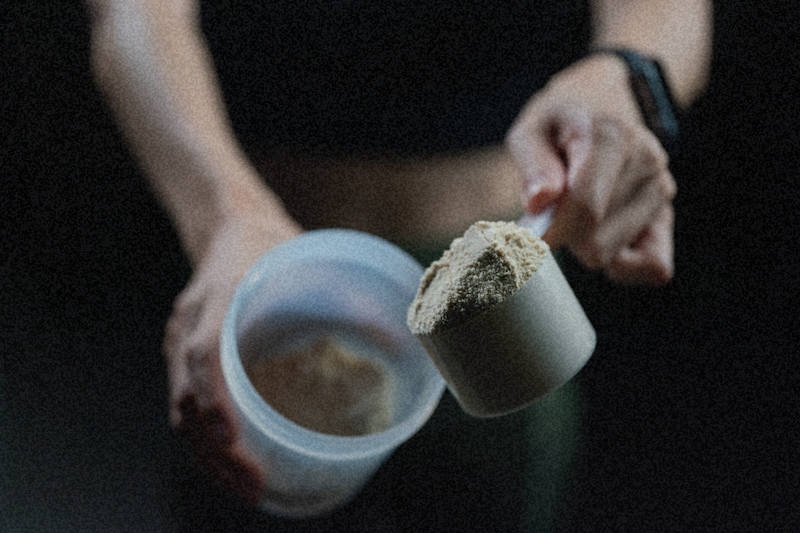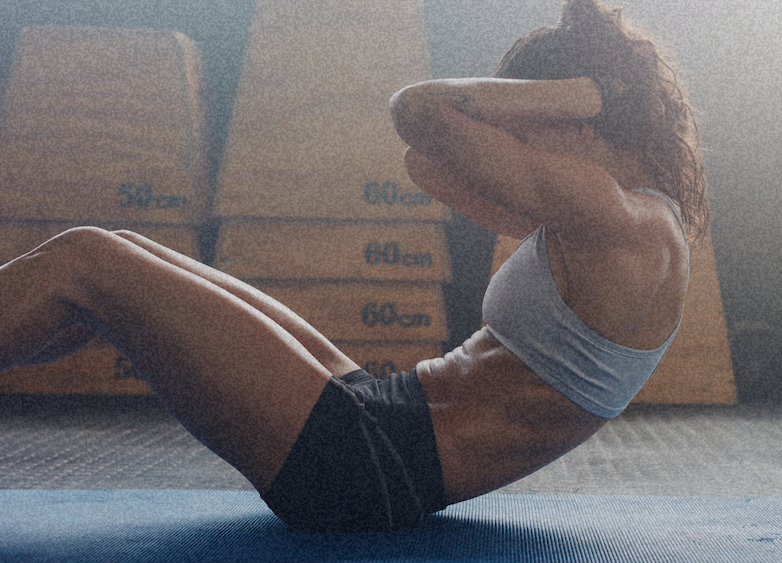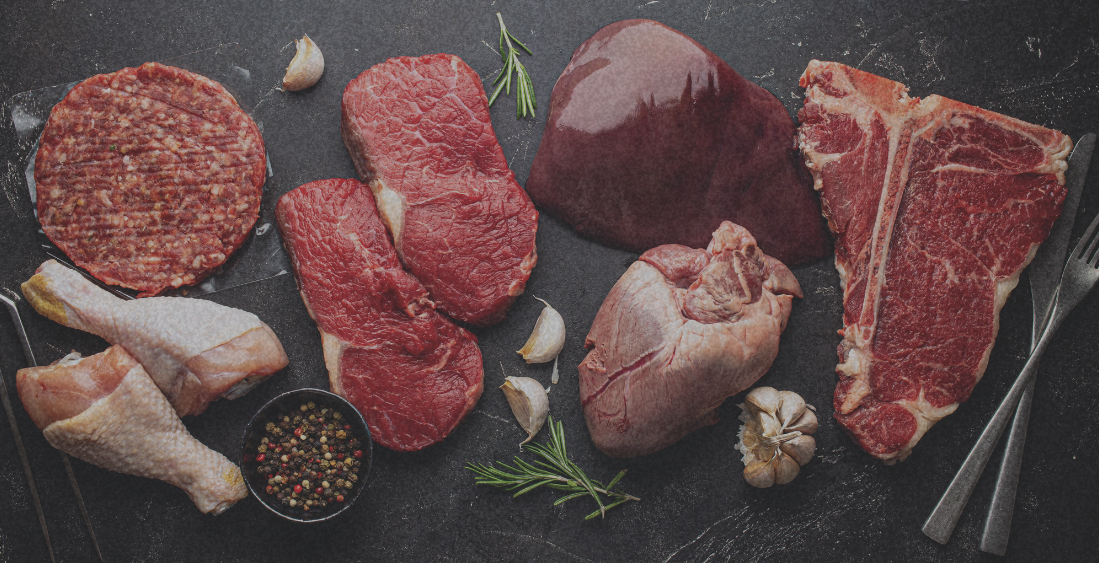Here’s What You Should Know
If you’re already pretty diligent with your protein supplements, you might be wondering where collagen fits in. Is it something you need on top of your usual whey protein? Could it be a better replacement altogether? Or is it just another health trend?
Let’s break it down.
Collagen is the most abundant protein in your body. It makes up the structure of your skin, joints, bones, ligaments, and even your gut lining. But Collagen isn’t like your standard protein powder, whether that’s whey, pea, or soy.
Here’s the key difference:
Most traditional protein powders are considered complete proteins. That means they contain all 9 essential amino acids - the ones your body can’t produce on its own and is needed for things like muscle repair, recovery, and overall health.
Whey protein, for example, is rich in branched-chain amino acids (BCAAs), which are particularly important for building and maintaining muscle mass.
Collagen, on the other hand, doesn’t contain all 9 essential amino acids. It’s missing one or two, so it’s classified as an incomplete protein. But that doesn’t make collagen inferior. In fact, it’s quite the opposite.
Why Collagen Deserves a Place in Your Routine (Even Over Whey Protein)
What makes collagen special is the unique combination of amino acids it does contain - particularly glycine, proline, and hydroxyproline. These are found in much higher concentrations in collagen than in any other protein source.
These amino acids are essential for building and maintaining connective tissues, which include joints, ligaments, tendons, skin, hair, nails, bones, and even your gut lining. They aren’t found in high amounts in whey or plant-based proteins.
So while whey protein is great for fueling muscle growth, collagen goes deeper, literally. It helps to strengthen the framework that holds everything together. Think of it as the glue that keeps your body strong and resilient.
What Collagen Does Best:
If your goals go beyond just hitting a daily protein target, collagen is where the magic happens. Collagen is superior to traditional protein powders if you want to:
- Support joint health
- Speed up recovery from workouts
- Aid injury recovery and prevention
- Improve bone density
- Boost skin elasticity and hydration
- Strengthen hair and nails
- Improve gut health
Collagen essentially nourishes the areas of your body that whey and other protein powders simply don’t touch.
Can You Replace Your Protein Powder with Collagen?
It really depends on your personal goals and overall diet.
If you’re focused solely on building muscle, you need complete proteins, whether from whole foods (like meat, fish, eggs, and dairy) or a traditional protein powder for convenience. Protein powders are helpful if you struggle to get enough protein from food alone or if you need an easy post-workout shake.
But... if you’re already eating a well-balanced diet with enough complete protein from meals (chicken breast, eggs, salmon, etc.), then adding more protein via a whey shake may not offer much more benefit. In fact, it’s likely just giving you more of what you’re already getting from your meals.
That’s where collagen could be considered a step up. Rather than repeating the job of your regular protein sources, collagen fills the gaps, helping to repair your joints, protect your bones, improve your skin, and support your gut, especially as you age or increase your activity levels.
The Verdict:
Collagen Isn’t Just a Protein. It’s an Upgrade.
While collagen isn’t a direct swap for a traditional protein powder, it could be the smarter choice depending on your needs. If you’re looking for an advanced protein supplement that goes beyond muscle-building and offers multiple benefits, from injury prevention to anti-ageing support, then collagen is a better option for supplementation. And yes, for many people already eating enough complete proteins through diet, collagen could replace their protein powder altogether.
We like to think of collagen as a specialised supplement that works alongside a healthy, balanced diet, helping you to stay active, recover faster, and feel (and look) your best, whether you’re training hard or simply wanting to age well.



